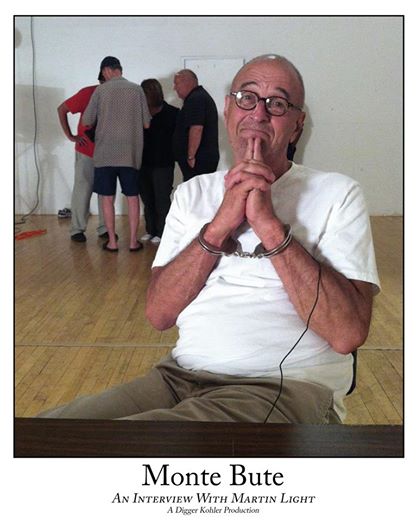Today, I recall one of my mentors and an inspiration for my life’s work–Myles Horton and his Highlander Folk School. His spirit lives on, lighting the way along whatever back roads we travel to overcoming injustice and inequality.
Even though movement leader James Bevel called Myles “the father of the civil rights movement,” he remains as little known today as he was during his own life and times. For those of you unfamiliar with Horton, he founded Highlander, and among its thousands of students were Martin Luther King, Jr., Rosa Parks, Andrew Young, Ella Baker, and John Lewis.
Myles grew up a Tennessee country boy, Scotch-Irish and poor. He eventually ended up at Union Theological Seminary, where he studied with Reinhold Niebuhr, a powerful advocate of the Social Gospel movement. Horton eventually realized he was more interested in sociology than theology and headed off to the University of Chicago. In graduate school, he became a student of Robert Park, who impressed upon him the power of collective action and need for creative conflict. He also got to know Jane Addams and her work at Hull House, an adult education center for immigrants in that city.
During that era, He learned about Danish folk schools. He raised enough money to travel to Denmark, dropping out of graduate school, never to return. When he got back from Denmark, he went to see Niebuhr, who raised money for Myles to start the Highlander Folk School, in the highlands of East Tennessee in 1932. The rest is history. This video shows what happened when a sociology student left graduate school at the University of Chicago and begin to practice public sociology, not as an avocation but as a calling.





